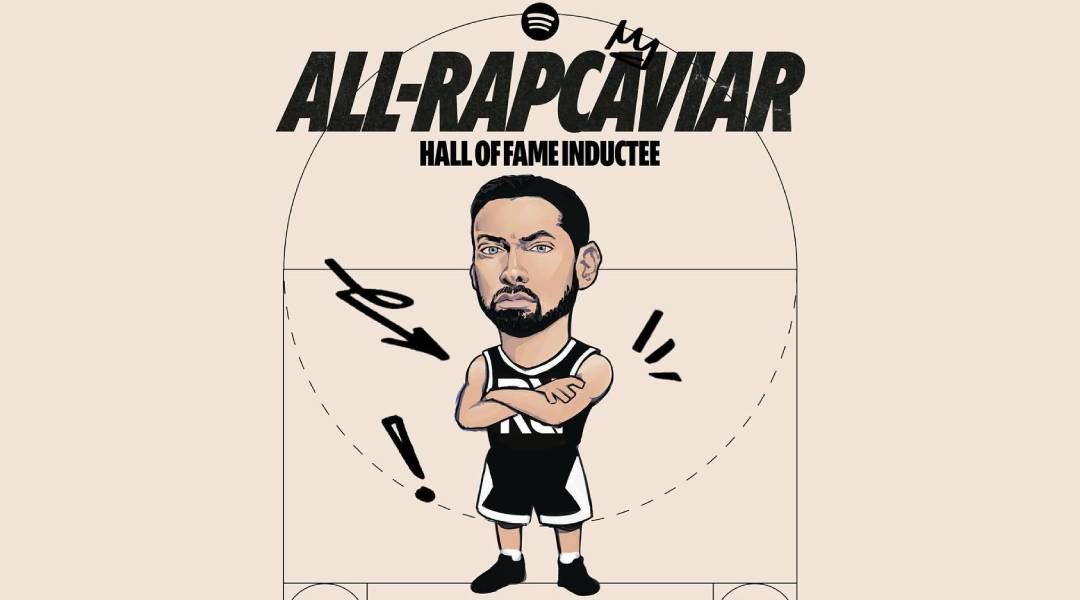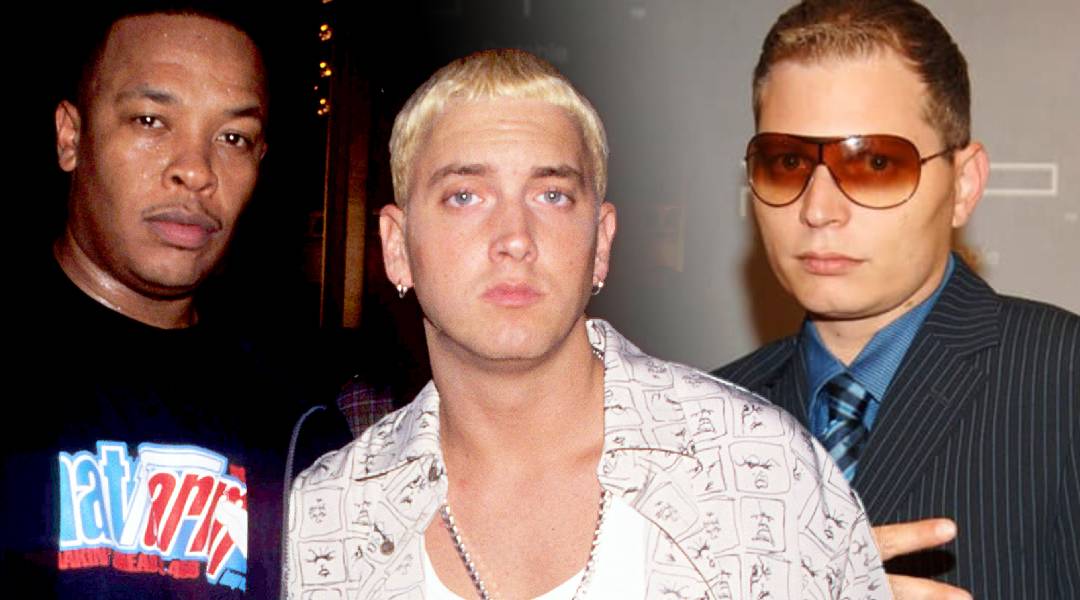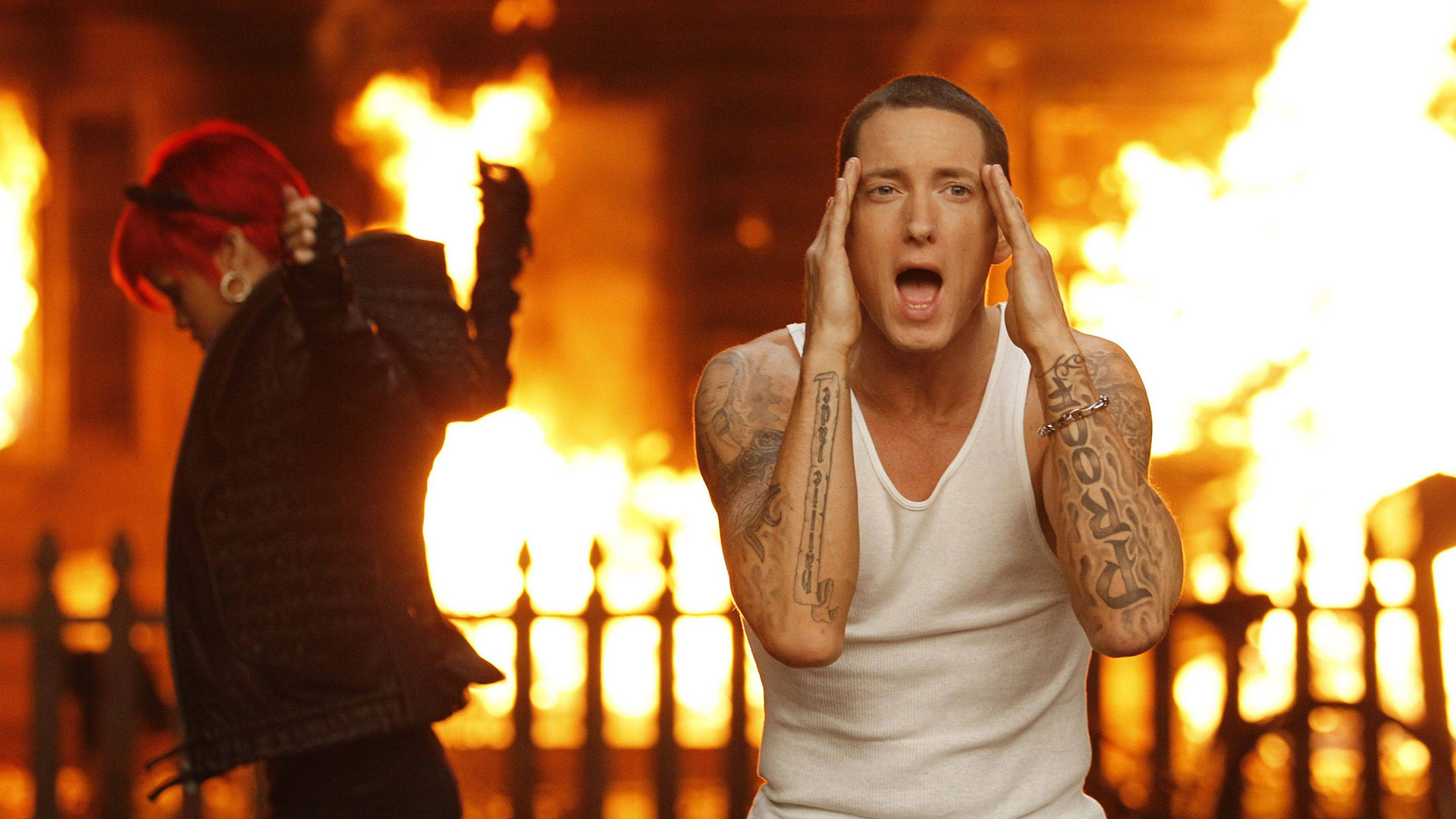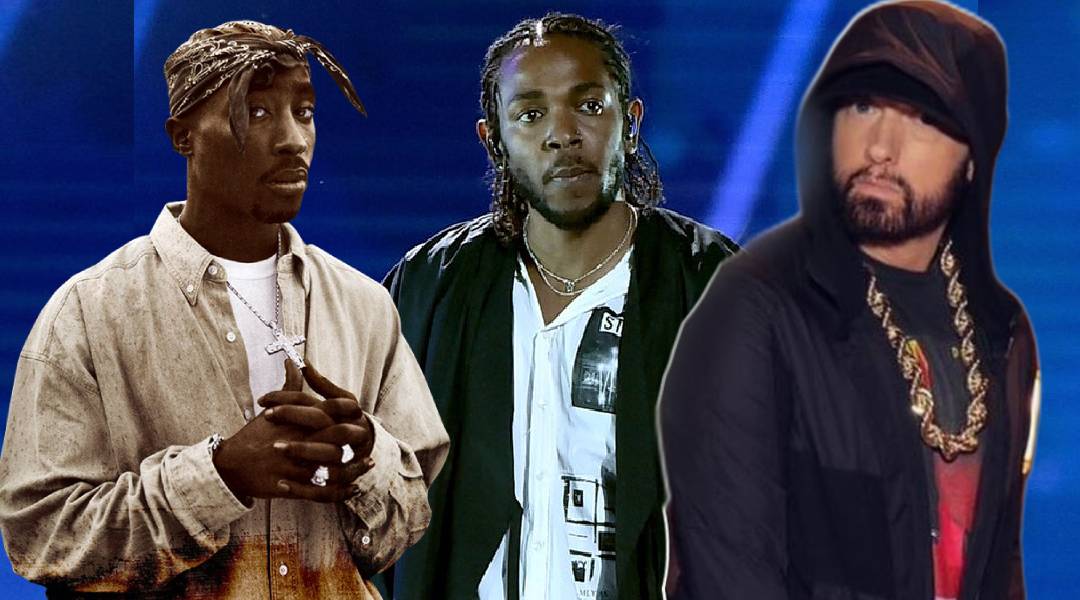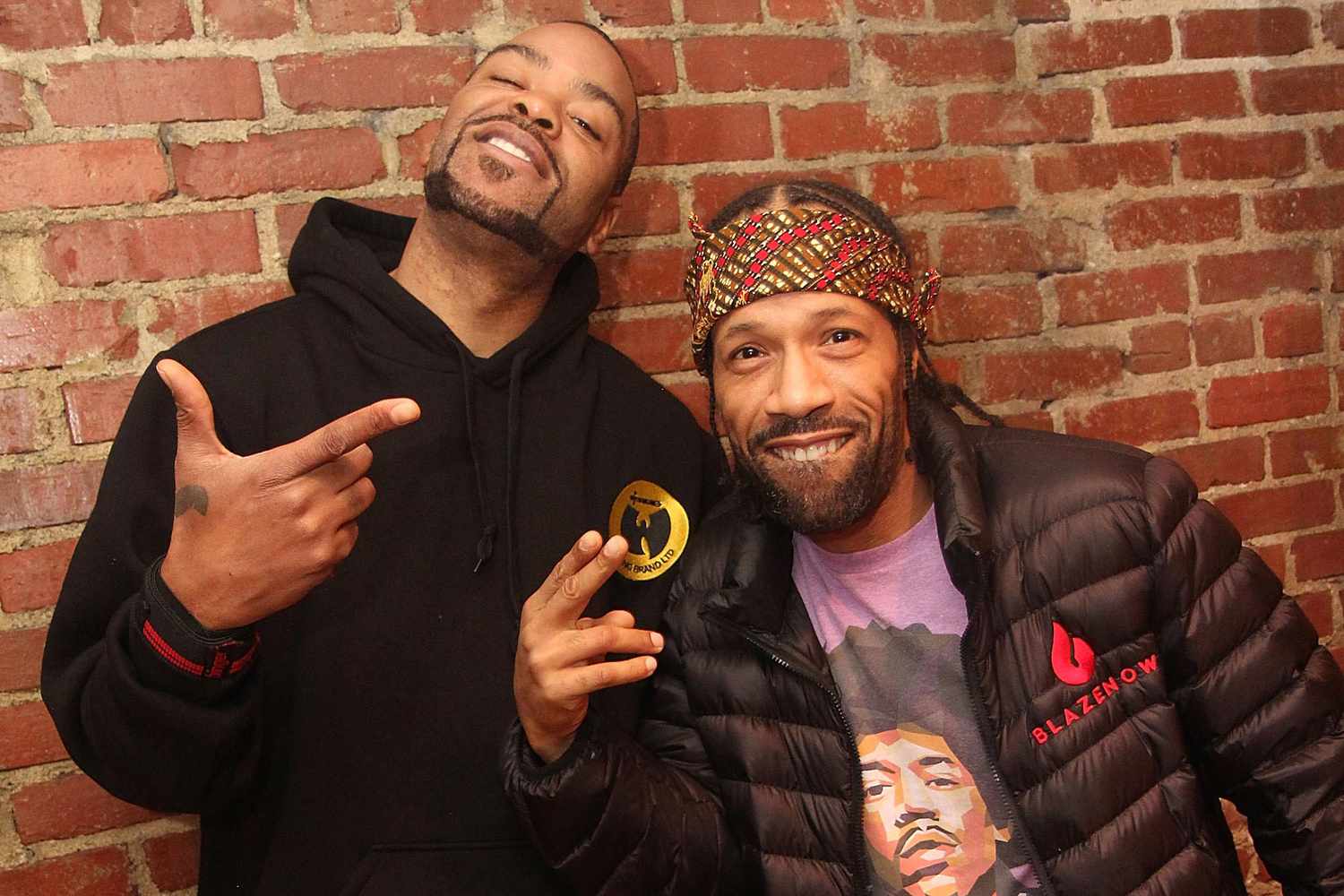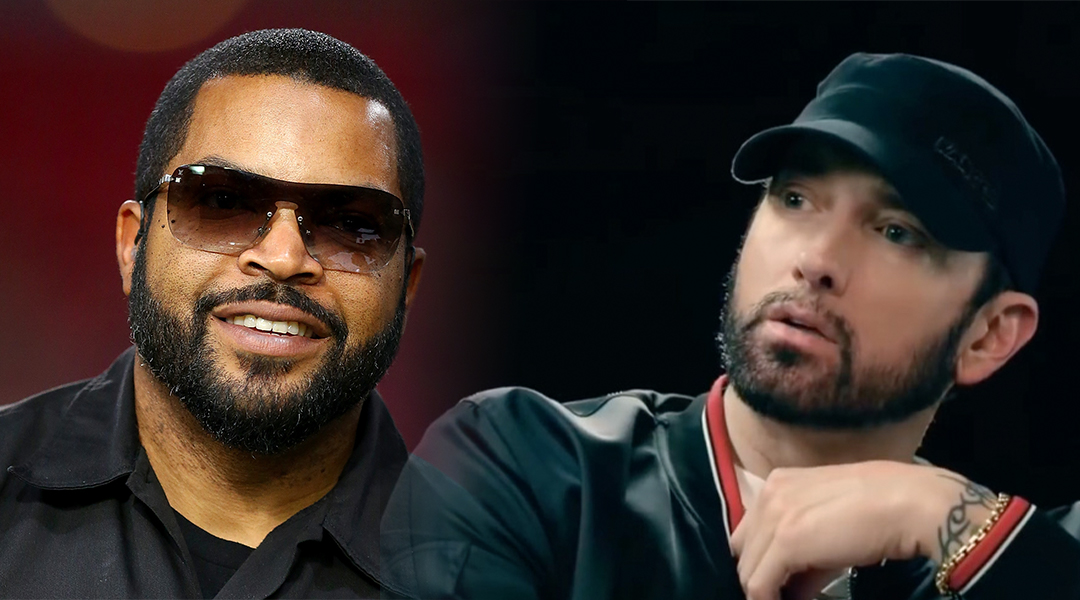It’s dangerous for young people to see cash as a quick-fix solution to everything.

His name is MrBeast. And if you have kids, you’ll know him. MrBeast, aka James Stephen Donaldson, is one of the world’s most popular YouTubers with 234 million subscribers as of this month.
His channel, for those who don’t know, involves him giving out vast amounts of cash to those “deserving” of it – Uber drivers, fast food shop workers, tired mums, homeless people.
He rarely swears, is funny and parents breathe a sigh of relief when they find their kids watching him.

My daughter Adriana aged 10, enjoys his videos. “He’s so amazing and kind!” she coos. “I wish we could give so much to other people!”
Sweet, yes. But also, so simplistic. I have to explain to Adriana that this is done for clicks and views. I also have to remind her that the world’s problems are not fixed by throwing cash at lucky individuals.
My son, Alex, who is now 15, used to watch MrBeast’s content but no longer does.
And I must admit that I’m glad, because MrBeast’s channel is money obsessed. Is someone miserable? Throw money at them. Maybe they’re in a rubbish, dead end job? Throw money! Homeless? Chuck some money!
Then, when you give them the money, zoom in on their shocked/ stunned/ emotional face. Cue more clicks for more tears!

It’s not just that I think it is degrading and humiliating to reduce people to “the poor” or “the ones in dead-end jobs” or “the homeless people”. It’s the fact that the kids who love MrBeast are learning something: money is the answer to everything.
But it isn’t. And only a tiny, tiny minority of people are on the receiving end of Mr Beast’s charity. So, what about the millions of others who need help?
What happens when Mr Beast doesn’t come to them?
It’s dangerous for young people to see cash as a quick-fix solution to everything. And although MrBeast doesn’t swear, his channel is not wholesome. To me, his content seems a little narcissistic. What does it say about a person if they must regularly film themselves giving to people less fortunate than they are?

Dozens and dozens have copied MrBeast’s video style – so that type of thing clearly appeals to a lot of egos. A quick scroll through TikTok or Instagram reveals content like: “Man pays poor mum’s grocery bill at checkout”, “man gives homeless person $500”, “woman pays for poor man’s restaurant bill” and so on and so on.
I’m uncomfortable with the stereotypes such videos endorse. The less fortunate are all painted with the same broad brush. In fact, MrBeast was recently criticised for building 100 wells in Kenya, Somalia, Uganda and Zimbabwe. Many suggested he was reinforcing stereotypes that African nations needed a white saviour. Others wrote that filming these acts was unnecessary, and I share some of their concerns. Why not dig the wells or donate the money privately?
But of course, MrBeast wouldn’t have done that. It’s not what this type of video is about. It’s not about being philanthropic. Arguably, it’s about being seen to be philanthropic.
I think this kind of content preys on the innocence of young people and children who want so badly to believe the world is a kind place. That kind-hearted people donate money to strangers, pay their shopping bills and give them a place to live. Sadly though, that is not always the case.
Of course, philanthropy exists, and it is good. But these simplistic videos aimed at kids are not a fair representation of the real world. Homelessness won’t end because MrBeast gave a few people lots of money. Impoverished single mums won’t magically all get better lives. To me, this single-issue performance politics with a single issue at heart: a man who wants everyone to look at him.




